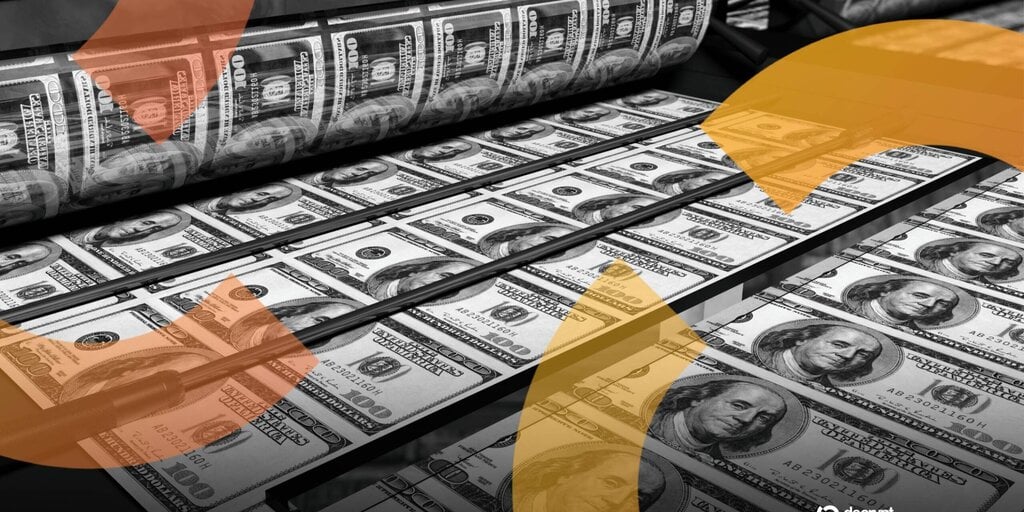In a groundbreaking move that bridges traditional finance and the burgeoning realm of digital currencies, banking giants Goldman Sachs and Bank of New York Mellon (BNY Mellon) have announced their collaboration
Did You Know
The Eiffel Tower grows during summer heat expansion.
?
AD
on a tokenized money market product. This venture aims to create digital tokens that directly represent shares of money market funds, marking a significant stride toward the integration of blockchain technology into mainstream finance. As investors increasingly seek innovative ways to engage with their assets, this partnership showcases a newfound willingness among financial institutions to evolve with changing market dynamics.
One of the key features of this initiative is the opportunity for institutional investors, who will be able to purchase these tokenized money market funds. By utilizing BNY Mellon’s LiquidityDirect platform, investors can buy and sell shares with a digital record of ownership, streamlining the trading process while enhancing transparency. This marks a substantial shift in how these financial products are managed, with the potential to simplify transactions and reduce costs associated with traditional trading methods. The implications for operational efficiency and investor confidence are profound.
The partnership reflects a broader trend as Wall Street increasingly embraces blockchain technology and cryptocurrency, seeking to modernize financial products and enhance the investor experience. By aligning themselves with advanced technologies, both Goldman Sachs and BNY Mellon are setting a precedent for the rest of the industry, demonstrating that the future of finance may well be rooted in digital innovation. As this collaboration unfolds, it heralds a reimagined landscape for money market funds, expanding possibilities not just for institutions but for the broader investment community.
Q&A (Auto-generated by AI)
What are money market funds?
Money market funds are a type of mutual fund that invests in short-term, high-quality debt instruments, such as Treasury bills, commercial paper, and certificates of deposit. They aim to provide investors with high liquidity and a stable net asset value (NAV), typically maintaining a value of $1 per share. These funds are popular among investors seeking a low-risk investment option that offers better returns than a traditional savings account.
How does blockchain enhance finance?
Blockchain technology enhances finance by providing a decentralized and secure way to record transactions. It offers transparency, as all participants can view transaction history, and improves efficiency by reducing the need for intermediaries. In the context of money market funds, blockchain can streamline the tracking of ownership and transactions, potentially lowering costs and increasing trust among investors.
What is tokenization in finance?
Tokenization in finance refers to the process of converting physical assets or rights into digital tokens on a blockchain. This allows for fractional ownership, easier transferability, and enhanced liquidity. In the case of Goldman Sachs and BNY Mellon, tokenization enables institutional investors to buy and sell shares of money market funds more efficiently, leveraging blockchain's benefits for traditional financial products.
Why are banks adopting blockchain technology?
Banks are adopting blockchain technology to improve operational efficiency, reduce costs, and enhance security in financial transactions. By utilizing blockchain, banks can streamline processes like settlement and clearing, minimize fraud risk, and provide innovative services such as tokenized assets. The collaboration between Goldman Sachs and BNY Mellon illustrates this trend, as they aim to integrate blockchain into money market fund transactions.
What are the benefits of digital tokens?
Digital tokens offer several benefits, including increased liquidity, lower transaction costs, and enhanced security through blockchain technology. They enable faster and more efficient transactions by eliminating intermediaries. Additionally, digital tokens can facilitate fractional ownership, allowing investors to buy smaller portions of assets, making investments more accessible to a broader range of investors.














